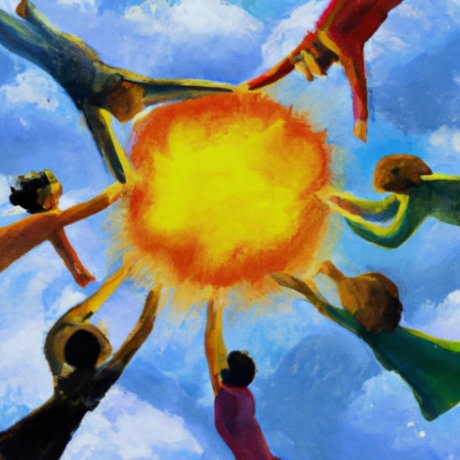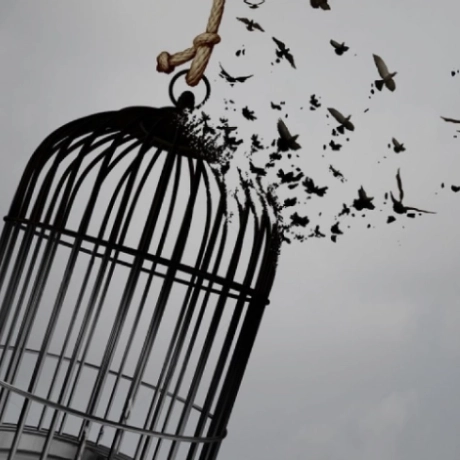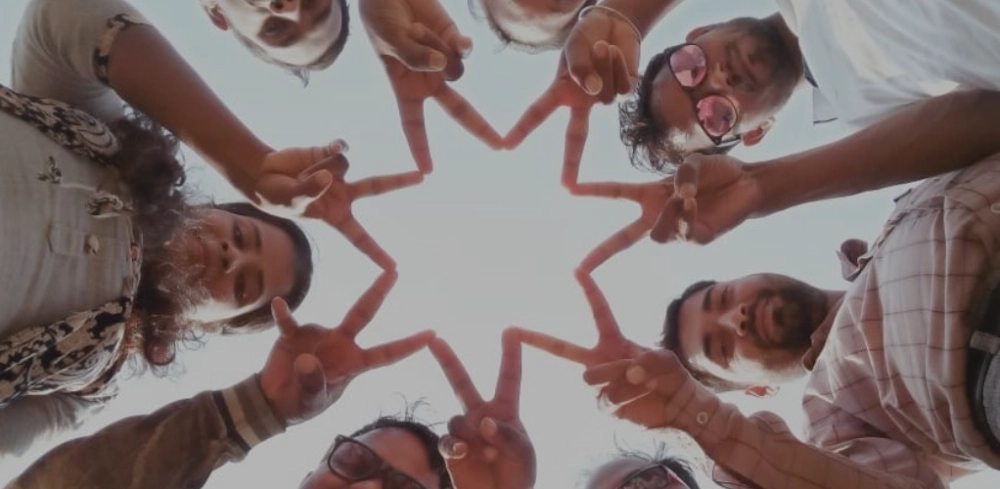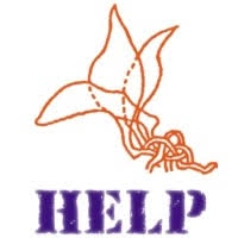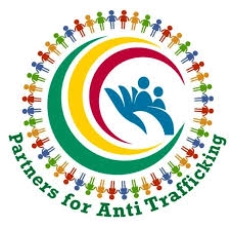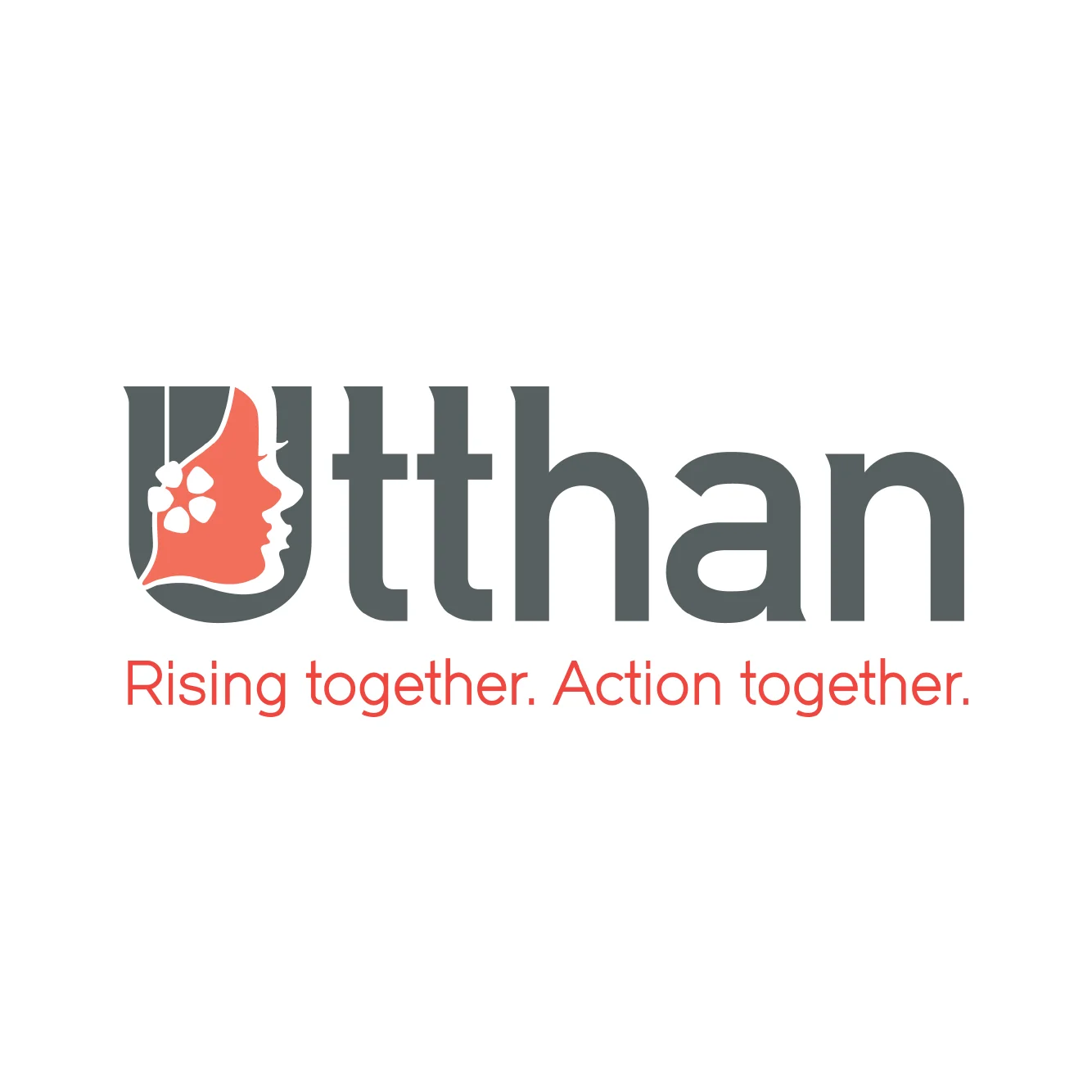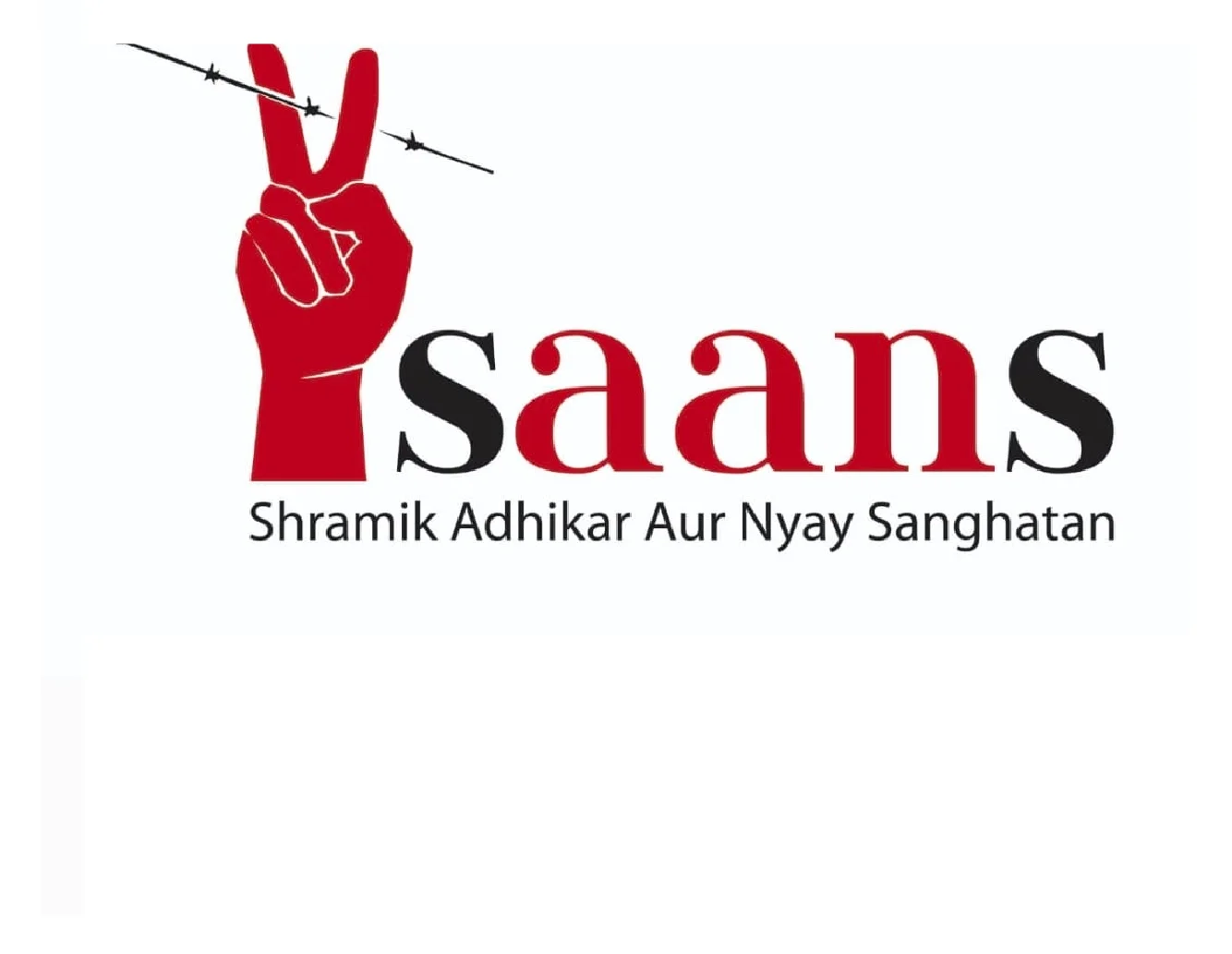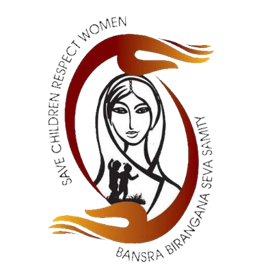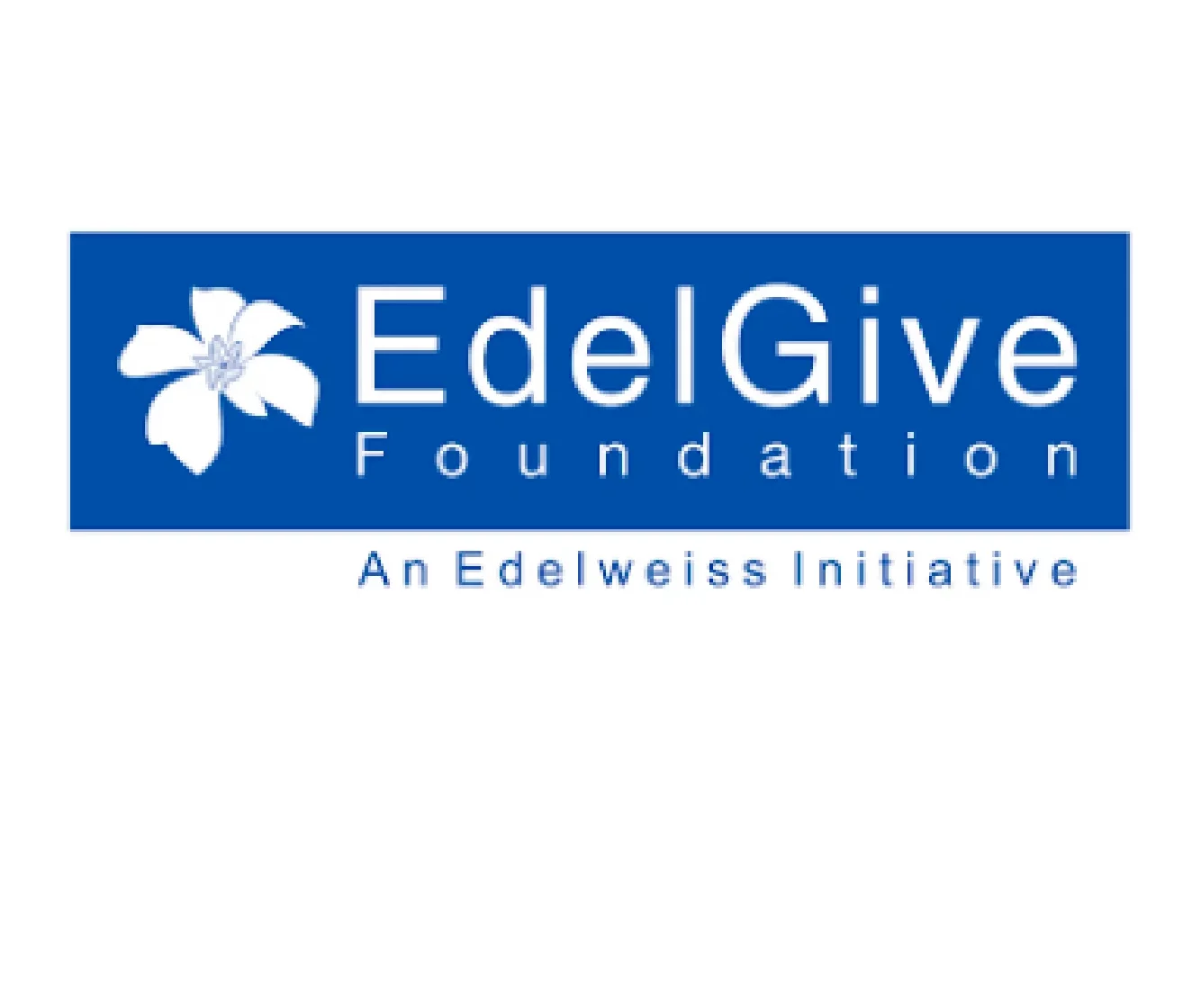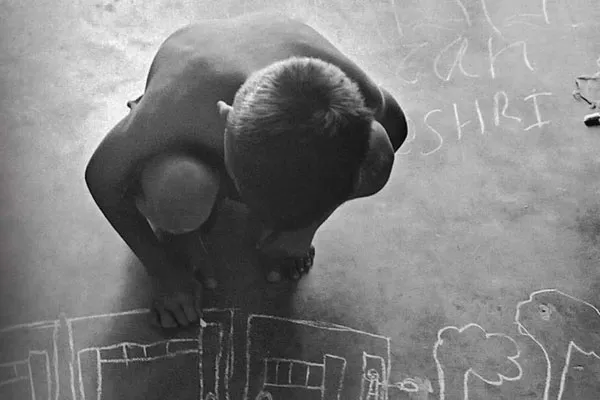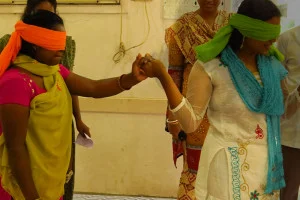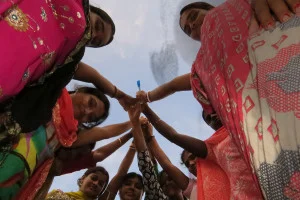Overview
Mental health problems such as depression, low self-esteem, anxiety, self-harm and suicidal tendencies, and PTSD, are common among survivors of violence. Violence triggers trauma that’s distinctive from most other traumas. Worsening the situation is the poor availability of therapists in government hospitals, the inaccessibility of private therapists, the societal and familial stigmatisation survivors endure, and a lack of awareness in the media to highlight the problems.
Sanjog seeks to highlight these issues and facilitate and enable equity between marginalised populations, dominant social groups, organisations, legal systems and the state.
Why Mental Health Advocacy
While mental health advocacy and anti-stigma interventions focusing on soft goals (family and community education and attitude change) are steadily gaining ground, legislative and policy changes that can promote social equity and improve the overall quality of the survivors’ lives, largely remain unaddressed. Mental health advocacy related to intersectionalities is also missing owing to the unavailability of substantial research data. Eventually, a lack of advocacy hinders the rehabilitation and reintegration of survivors into society.
- Societal stigma and discrimination cause survivors prolonged suffering, increased vulnerability to re-exploitation, and limited prospects for a productive life after trafficking. They lack access to comprehensive mental health support and are denied access to rights and entitlements
- Stigma also leads to domestic violence and disturbed relationships within families and social networks
- As of today, there is no dedicated law or policy for streamlining mental health resources for survivors
- The stigma that survivors experience from their immediate families, communities and duty-bearers, causes them guilt, shame, and self-doubt, which in turn triggers secondary trauma and inhibits their reintegration into society
- Advocacy for mental health can help build resilience in survivors and help them bounce back, furthering their legal rights
What Does Sanjog Do
Sanjog believes that collective impact is key to strengthening on-ground initiatives and building advocacy. This can be achieved by working with social workers, financiers, CBOs and the survivors themselves. Sanjog sees merit in the collectivisation and mobilisation of survivors of violence, and creating spaces for them to reflect on their feelings of guilt, shame and stigma.
Sanjog’s work in this area has involved:
- Understanding and acknowledging the mental health conditions of survivors through a lens of psycho-social programme interventions. The long-term effect of trauma on survivors needs to be understood and their post-traumatic growth also assessed
- Facilitating mental health management through individual and group therapy processes, to address trauma, dysthymia, PTSD, shame, guilt, and self-blame
- Working with social workers, CBOs, and mentoring organisations to create safe spaces and networks through peerage and equitable relationships
- Improving access to dedicated mental health services for survivors of sexual violence, abuse, exploitation and trafficking
- Engaging at 4 levels – Individual, Group, Family, and Community; to build informed/sensitised systems and ensuring psychological safety and hope in programmatic interventions and actions
How Does Sanjog Do This
Allyship – between the survivors of violence and the social worker or social impact organisation, is vital to the former’s mental health. While there is no concrete research evidence to prove this, on-ground interventions through Sanjog’s projects show the power of community-based interventions in dealing with stress and stigma. To that end, Sanjog aims to:
- Ensure the collectivisation of marginalised communities and building safe spaces and trust
- Facilitate sustainable partnerships between private practitioners, dominant social groups, organisations, legal systems and the state, with the survivors
- Enable comprehensive mental health assessments and individualised care plans for survivors, along with training for frontline workers on psychological first aid
- Empower survivors to prioritise self-care and self-love and address issues like body-shaming
- Connect with government resources for services on mental health – consultation, diagnostic investigations, medication, therapy and affirmative actions
- Advocate for trauma-informed mental health facilities that are tailored for the needs of the survivors of abuse, trauma, and human trafficking
- Conduct research and studies to understand collective and individual shifts concerning the psychological resilience of the survivors

